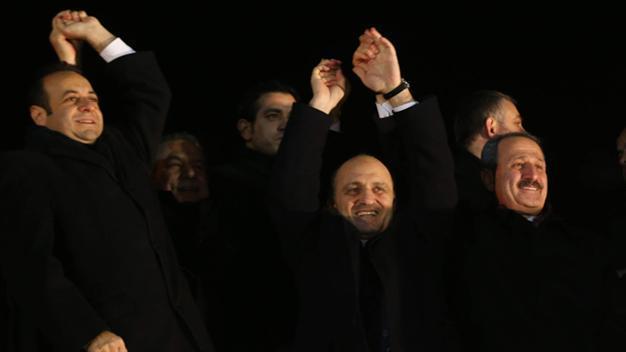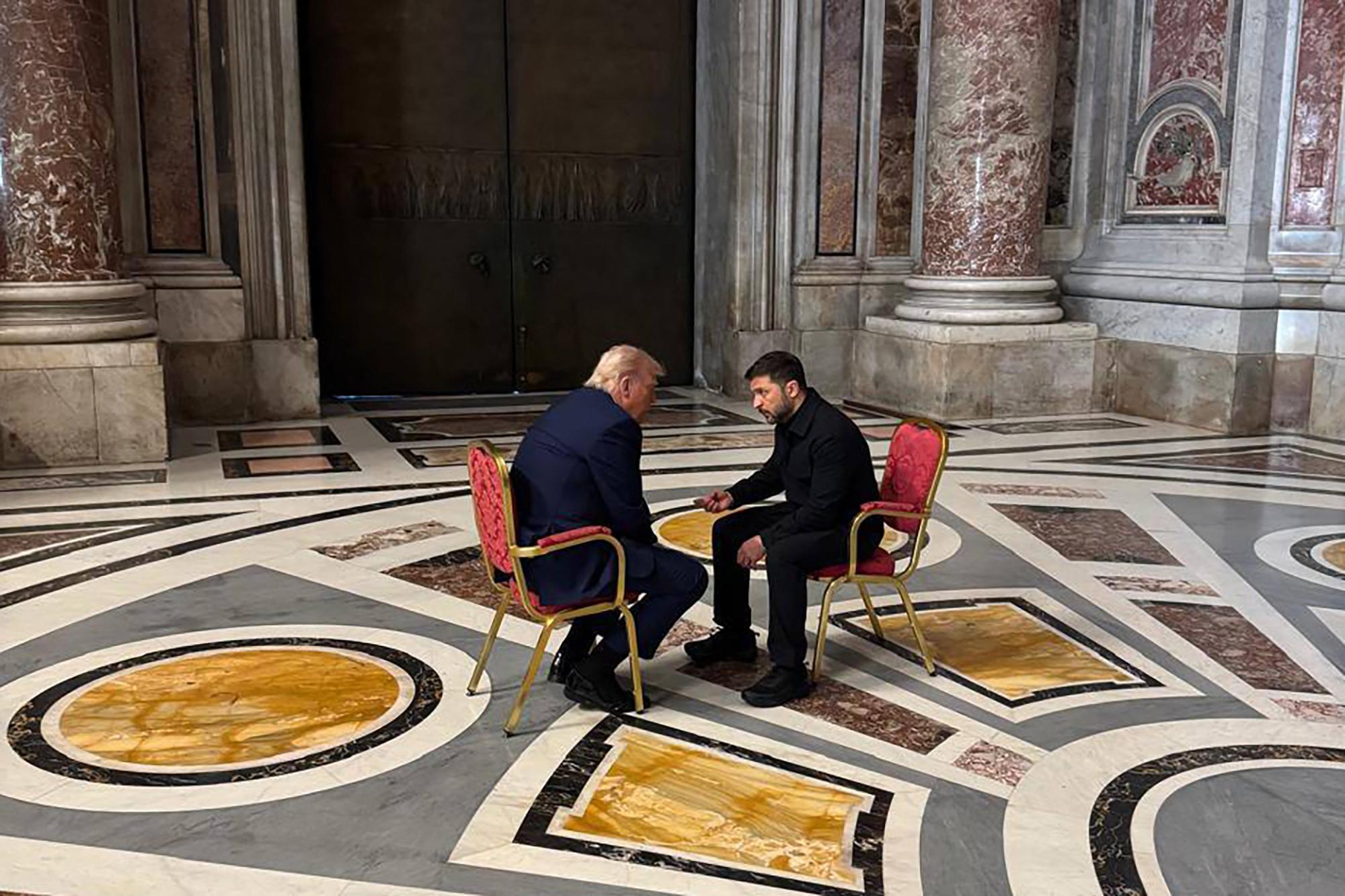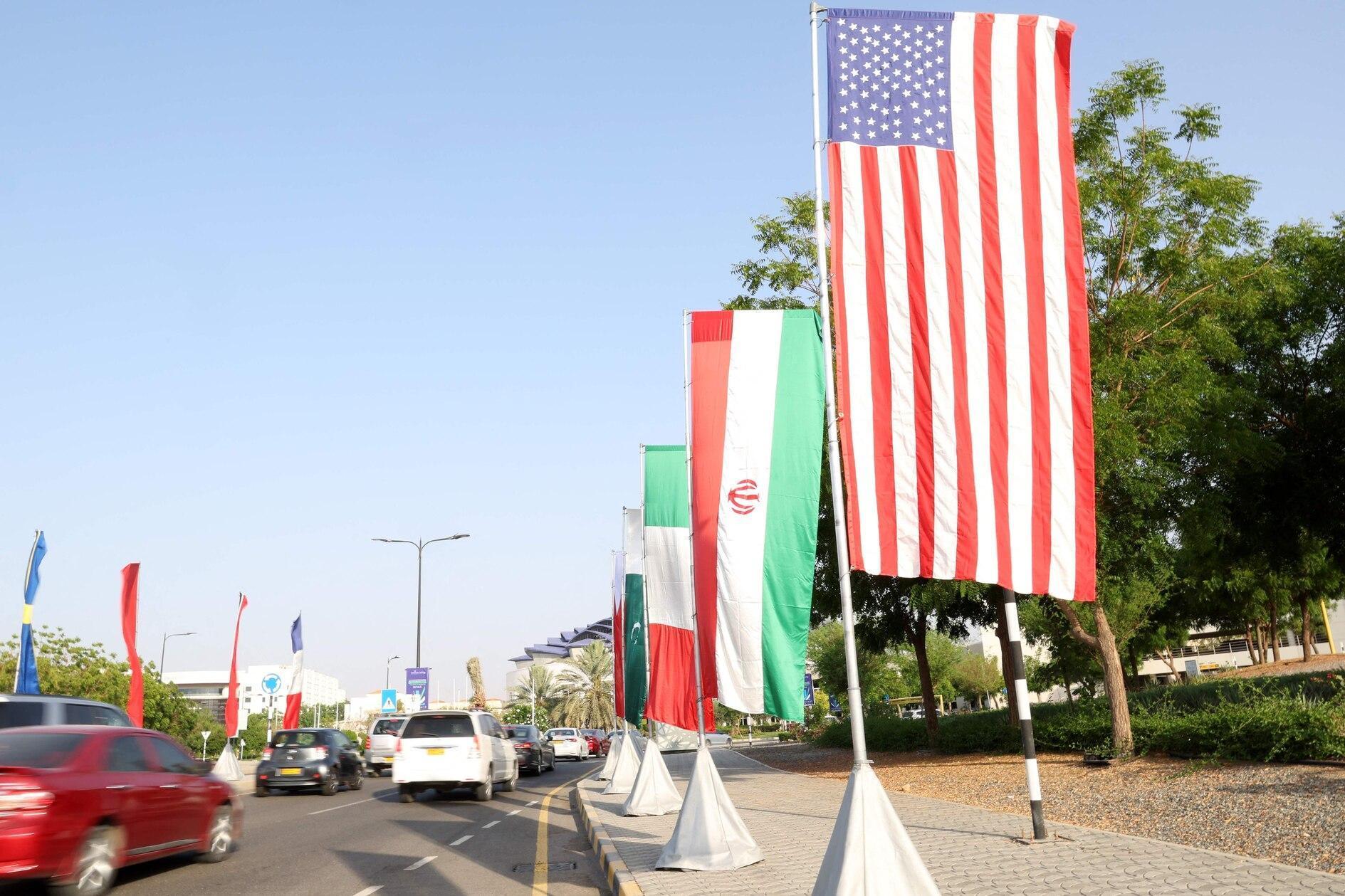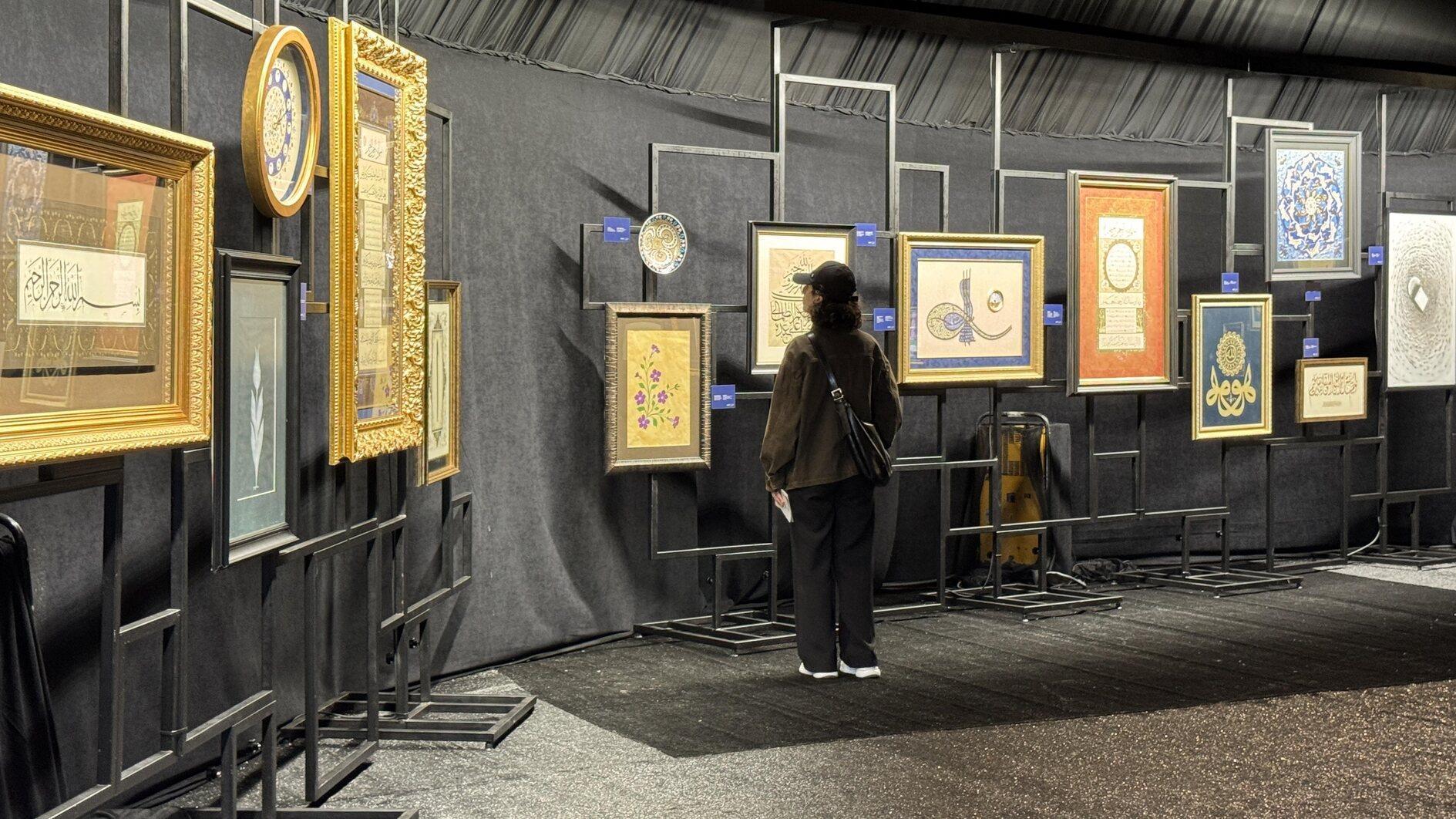Turkey's massive corruption case dropped by prosecutor
ISTANBUL

Former EU Minister Egemen Bağış, former Interior Minister Muammer Güler, former Minister of Environment and Urban Planning Erdoğan Bayraktar and former Economy Minister Zafer Çağlayan greet their supporters at Esenboğa Airport in Ankara on Dec. 24, 2013. (AFP Photo / Adem Altan)
The Istanbul prosecutor has decided not to proceed against 53 graft suspects including former ministers' sons, the former manager of Halkbank, and a controversial Iranian-Azeri businessman. With the decision to drop the case, the final part of a legal scandal that has been dogging President Recep Tayyip Erdoğan's inner circle since late 2013 has been buried, while the snail-paced parliamentary inquiry continues.Ekrem Aydıner, a prosecutor from the anti-terror and organized crime unit of Istanbul Chief Prosecutor's Office, pointed on Oct. 17 to a lack of grounds for legal action against the suspects. According to the semi-official Anadolu Agency, Aydıner found that there were problems with evidence, and proof of criminal elements or any such conspiracy was not discovered.
In the initial phase of the investigation that was launched on Dec. 17, Iranian-Azeri businessman Reza Zarrab was accused of paying bribes to senior government figures in a scheme that allegedly involved Barış Güler, the son of former Interior Minister Muammer Güler, and Salih Kaan Çağlayan, the son of former Economy Minister Zafer Çağlayan.
Süleyman Arslan, the ex-manager of the state-run Halbank, was another suspect in the investigation. Arslan faced accusations of illegal transfers of gold to Iran in exchange for money via Halkbank in partnership with a crime ring allegedly formed by Zarrab.
Like other suspects, the main investigation against Arslan was dismissed on Oct. 17. The investigation into allegations that he collected donations illegally, however, will continue.
The illegal fundraising charge is based on the fact that $4.5 million was found stashed in shoeboxes at Arslan's home, but it carries much lighter potential sentences than the other graft accusations. Arslan denied any wrongdoing and then-Prime Minister Erdoğan even claimed all of the cash was being held as “charity money.”
The government refuted all allegations regarding the Dec. 17 graft probe, claiming that the whole investigation was a probe orchestrated by the movement of the U.S.-based Islamic scholar Fethullah Gülen, or the "parallel structure" that allegedly infiltrated the state to work on behalf of Gülen.
Zarrab had suggested that the investigation into him aimed to help other foreign companies conduct gold trade between Turkey and Iran. He also rejected claims that he bribed former EU Minister Egemen Bağış.
Erdoğan Bayraktar, the former Minister of Environment and Urban Planning, was another high-profile figure accused in the scandal. He had announced his resignation from Cabinet, his party and Parliament on Dec. 25, and also suggested at the time that Erdoğan should resign because the zoning plans that were in the investigation file were made with his approval. Bayraktar later withdrew his resignation from Parliament and party, and apologized to Erdoğan for his remarks.
Since the scandal broke in December, the government has dismissed or reassigned thousands of police officers and hundreds of judges and prosecutors - including those leading the investigation - and passed a law increasing government control of the judiciary.
Several police officers who were involved in the graft probe raids on Dec. 17 were arrested for "attempting a coup" in operations into allegations of wiretapping and plotting against the government.
The smaller of two dossiers in the graft affair was the Dec. 25 probe that concerned the alleged awarding of illegal permits in building projects. In that dossier, prosecutors dismissed the case against all 60 suspects, among them a former minister's son and a construction tycoon, in May.
Parliament decided to establish an investigation commission to probe the four former ministers regarding the corruption allegations, but the commission has been dogged by delays and was unable to hold its first meeting until early July.
The commission was granted a two-month extension to its work on Oct. 17.
















